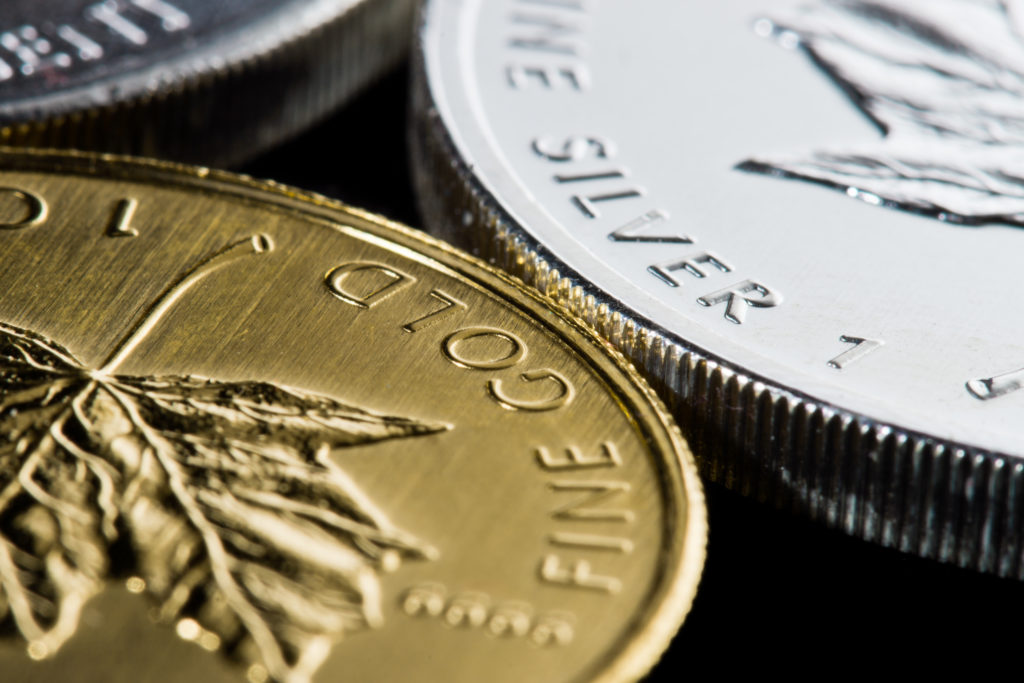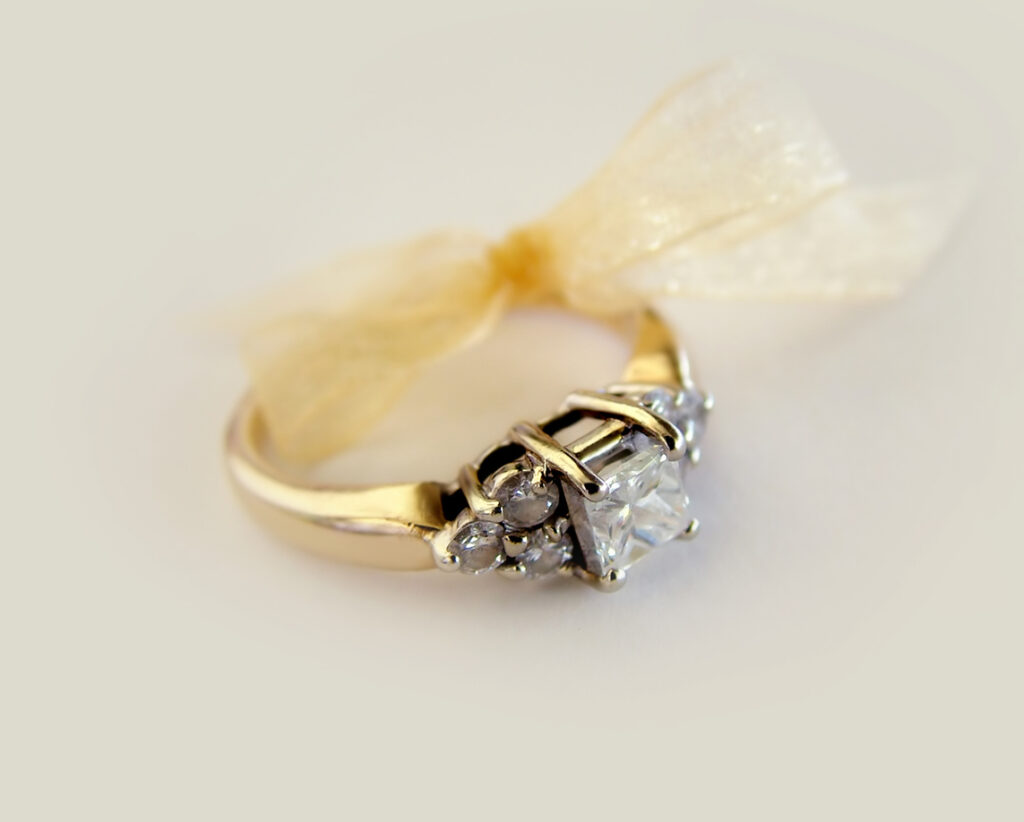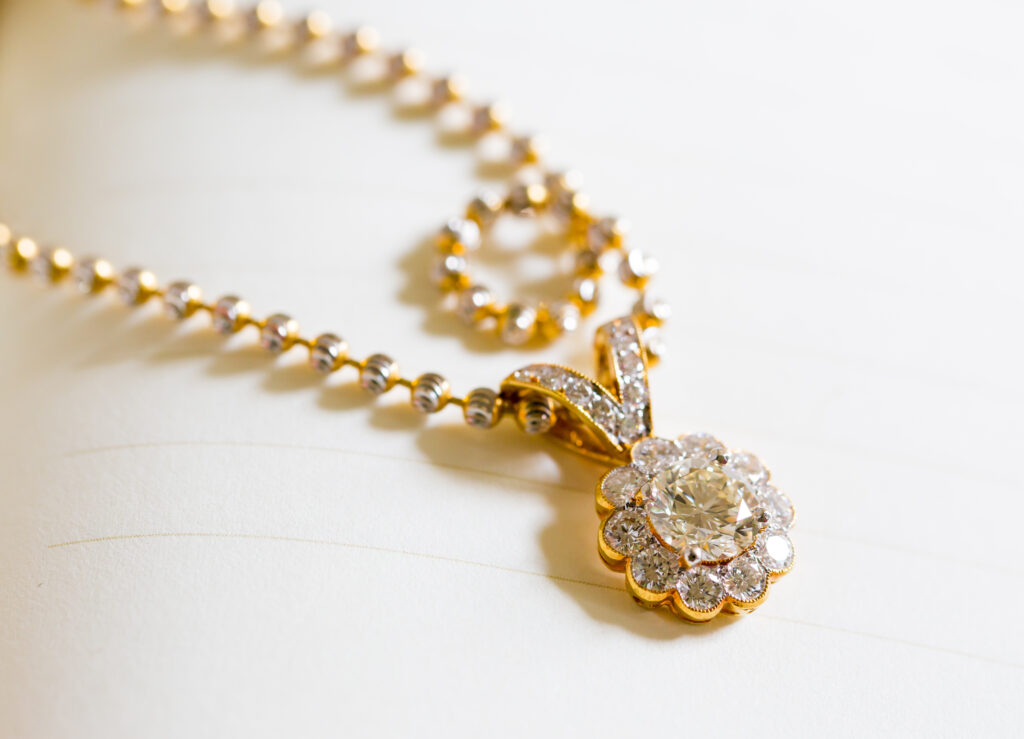Looking for a quick way to make some cash and unsure whether it’s more profitable pawning or selling your valuable items? Our guide will provide the answers you need, helping you assess which route gives you more money and the greatest return on assets. We cover both sides of this “pawn vs sell” debate in depth so that you can confidently decide what is right for your financial situation.
Key Takeaways
- This article examines the differences between pawning and selling, as well as provides insight into navigating these options to maximize value.
- Pawning offers quick access to cash without affecting credit history, but comes with elevated interest rates and risk of item forfeiture.
- Selling yields higher cash value, but requires permanently relinquishing ownership. Factors such as financial need & sentimental attachment should be considered when choosing pawn or sell.
Understanding Pawning and Selling
What is Pawning?
A pawn shop is an option for many people in times of financial emergency who are looking to gain access to money. To do so, there are two distinct approaches, either selling or pawning their valuable items. Pawning offers a secured loan using the item as collateral, while selling it straight away for cash. Comprehending both options’ advantages and disadvantages carefully before deciding between them is critical, since it allows you to get hold of the most from your possession under given conditions. Herein we will discuss helpful ways to maximize returns when using these two processes at a pawn shop-pawn and sell alike!
Lincoln Pawn in Anaheim, Ca is a safe and trustworthy pawn shop that will help you sell or pawn your valuables for quick cash. They will walk you through the process, so you understand exactly what you have agreed to do.

Despite the potential challenges associated with obtaining fast cash within minutes or hours, borrowers still benefit significantly from these sources. Conventional bank loans have more complex procedures and paperwork that take longer, so funding is not immediate. Bank loans typically have financial charges, and lower interest rates.
What is Selling?
Exchanging goods for the cash in hand is referred to as selling. Selling can be more profitable than pawning, because you can get a higher price in return and the money in hand right away. While it offers these benefits, its primary downside lies with the irreversible relinquishment of ownership. Once sold, its former owner can’t reclaim an item. Thus, it is important to consider all factors when deciding whether selling items should occur, but this method provides quick access to funds from possessions someone no longer needs anyway.

Pros and Cons of Pawning
Pawning can be useful for those facing financial crises, as it can be easily accessed with no credit assessment and makes payments according to customized repayment plans. It also carries a few drawbacks, like higher interest rates or limited loan sums, that could lead to losing their item if they don’t pay back the borrowed loan amount due.
Advantages
Pawning provides speedy access to funds, and there is no need for credit checks. Most pawn shops will only evaluate the item being given up as collateral to give out a loan, meaning it won’t impact one’s credit rating at all. Having the option of getting pay back the loan in their possession upon settling their debt makes this type of lending desirable, particularly when traditional loans are unavailable or inadequate during financial distress periods. On top of that, many people find comfort knowing they can reclaim valuable items with sentimental value once repayment has been fulfilled.
Disadvantages
Pawning can be a practical choice if one needs quick cash and wants to receive their item back. It’s crucial to weigh the advantages against the disadvantages before making a commitment. When taking out a pawn loan, interest rates are usually high, and repayment schedules are stringent. Not repaying on time may lead to losing your property forever as a missed payment, but payments do not affect credit rating in such cases. As such, when choosing whether to pawn an article, it’s important to look at how much you’re able to pay back, so that everything goes smoothly after all is said and done.

Pros and Cons of Selling
By pawning or selling at a shop, one can obtain cash value for their unwanted items and simplify clutter. By opting to sell in this way, the item will be permanently lost, along with any potential loan opportunities and fast cash back that could come from it. Though some benefit may be gained, as they won’t have to reimburse such loans.
Advantages
Selling items is an advantageous way to obtain a cash value, without having to worry about repaying any loan or dealing with related interest rates and fees associated with pawning. Not only this, but getting rid of possessions no longer wanted can help declutter while providing extra money for other purposes – giving individuals peace of mind and financial freedom. It gives people the sense of tidiness and organization in their home environment.
Disadvantages
When selling to a pawn shop, one should be aware of the long-term repercussions: relinquishing ownership and being unable to use the item for any loan in the future. This can especially prove unfortunate if it holds sentimental value or could have been useful otherwise.
It is important to remember certain facts about such transactions: since these shops must make profits, you may not get the top dollar for your sale items. Negotiable prices are common here – yet once they’re sold, reclaiming them will become impossible even when financial situations improve or minds change about their worth.

Factors to Consider When Choosing Pawn or Selling
When it comes to picking between pawning and selling, you must think through various elements, such as your financial condition, the value of what you offer, as well as any sentimental connection with the object. Taking all these into account will help you make a wise decision that is best for your personal context and desires.
Financial Needs
When it comes to financial needs, you can decide between a short-term loan and getting cash right away. Pawning may be preferable if you need access to money quickly, but also anticipate improved finances soon. With this type of loan, there is no credit check involved or effect on your credit score, plus when repaid in full, reclaiming the pawned item is an available choice. Selling might make more sense for those who need immediate funds, but do not expect their situation will improve, as well as people who aren’t interested in taking back what was pawned. This way, one can receive payment without incurring interest rates or other fees associated with pawn loans.
Item Value and Demand
When considering how much cash to receive from selling or pawning an item, it is important to factor in the value and demand of the object. Items such as gold jewelry, diamonds and fine watches with a high resale price point alongside solid market appeal can fetch greater returns when placed for sale or taken as collateral at a pawn shop. To assess this properly, one must consider factors like condition, age, brand name, etc., to gain an accurate understanding of its worthiness. If well researched on current values within the marketplace, then you are more likely to negotiate effectively, whether we’re talking about a sale transaction or pledging something with your local pawnbroker.

Sentimental Attachment
If you have an item of special value, pawning may be a preferable choice over selling, due to the possibility of reclaiming your property upon repayment of the loan. Things like antiques, treasured heirlooms or belongings with personal meaning often hold far more worth than what one could get from trading them in at market rate.
With pawning instead of disposing pawn items off entirely, people can still benefit financially while keeping their beloved objects intact until they can repay and take back possession after improved financial circumstances.

Tips for Maximizing Value in Pawning and Selling
To gain the highest price for your belongings when pawning or selling, it’s important to investigate its worth thoroughly, practice sound negotiation techniques, and present the item in an attractive manner with relevant paperwork. Following these advice can guarantee you a reasonable cost for what you’re offering, while maximizing your resources.
Research and Appraisal
Getting an appraisal or researching the item can help you determine its worth and get a good deal when selling it. There are several ways to find out what your item is worth, such as looking up online sales prices of similar items, seeing how much pawn shops in your area pay for this type of possession, and asking a knowledgeable family member or friend about their opinion on value. And obtaining multiple independent appraisals from labs for validation. By doing so, one will be well equipped with the information needed to negotiate confidently with the pawnbroker or buyer regarding getting adequate compensation for what they own. Knowing both market value and estimated cost by certified professionals can give any seller leverage against those who seek to take advantage of them financially through undervaluing possessions.

Negotiation Skills
Strong negotiation skills can help get a better deal, whether you are pawning or selling an item. Knowing the rules of the store, evaluating its worth to market value, and bargaining loan terms for when pawning is important. When trying to sell something, understanding what potential buyers want, along with knowing its appraised price, will be key topics discussed during negotiations. It’s critical to stay confident, while still being able to end talks if needs aren’t met fairly by both parties. Remember that listening closely helps reach beneficial agreements, as you should always make concessions depending on their demands/needs!

Presentation and Documentation
When selling jewelry, such as diamonds, watches from brands like Rolex and Omega, or other items of value at a pawnbroker, it is important to present the item in good condition with appropriate documentation. By doing so, you will be more likely to get an increased cash reward for your possession due to its authentic status being verified. Having proof of authenticity can enhance this potential earning power by providing confidence that what you are offering is genuine, which could lead to a fairer price being offered.
How to Find the Best Pawn Shop for Your Needs
When looking for the right pawn shop, it is important to factor in customer feedback and referrals, making sure it holds proper licenses and accreditations. Your own shopping experience can also help you make a decision, so pay attention to the store. By taking into account these factors during the selection process, you can find trustworthy practices offering fair deals on pawns.
Reviews and Recommendations
When looking for reputable pawn shops to do business with, gathering reviews and advice from reliable sources can be a great way to find the best local shop. Speak to friends or family members who have had previous experiences dealing with such establishments, as well as online ratings. This will provide insight into the reputation of any store you may consider working with. It is also important that those interested in selling or pawning an item pay close attention when visiting these stores themselves, so they are fully confident in making their decision based on all criteria available.
By choosing a reliable establishment proven by prior customers’ satisfaction, it increases one’s chances of receiving fair prices for items, having an easy transaction experience at every step along the journey.
Licensing and Accreditation
When selecting the most suitable pawn shop, it’s essential to ensure they have a valid state license as proof of operation. This certifies their legitimacy and also confirms that industry regulations are followed. Having these assurances can give you confidence in your decision to use them for either buying or selling valuables.
Licensing and accreditation are necessary. Not only does this verify compliance with laws, but it also shows the pawnbroker involved in working at such an establishment.
In-Store Experience
When selecting a pawn shop, it is important to consider the experience they offer within their store. Customers should expect friendly and helpful staff, as well as an organized facility, when entering for either a selling or pawning transaction. Negotiation may be available depending on what item is being exchanged. While some stores are open to this option, others might not consider it viable. To guarantee satisfaction with your purchase at any given shop, customers must ensure they’re aware of all existing prices offered by different shops, to get the best deal possible, regardless of whether they buy something already owned or just loan money against certain items.
Summary
Gaining an understanding of the differences between pawning and selling, as well as evaluating which approach is more suitable for a particular situation based on several factors, such as item worth, financial requirements and sentimentality involved, will help make an educated decision. It may be beneficial to follow advice designed to acquire the highest returns when putting items up for sale or pawning them: research related information about items, haggle tactically, ensure that goods are presented with any valid documentation. By being knowledgeable in this area, one can feel secure whilst dealing with either scenario successfully.
Frequently Asked Questions
Is it better to sell or pawn?
Rather than simply keeping it around, when you have an item that isn’t needed or wanted anymore, selling it and utilizing the money in a more meaningful way is typically recommended. If there are items of value involved back the loan, then securing them with a pawn loan may be the best option.
What’s the point of pawning?
Pawning is a practical way to gain access to emergency cash, fast, without the need for permanent sale. By pawning items you own and then reclaiming them when finances allow, it gives an alternative option of obtaining money rapidly.
How to get $500 from pawn shop?
A pawn shop typically offers you 25-60% of the resale value for your item, paying back in exchange for $500, which means you’ll need an object valued at least $835 to get that amount.
What happens when you pawn an item?
A pawn loan requires you to bring an item of value, which serves as collateral, to a pawnbroker in exchange for money. The sum given depends on the worth of your possession and must be paid back by a predetermined due date. Failure to do so results in forfeiture of the goods put up against the loan term, the lender holding onto the debt – i.e., the pawnbroker.
What is the main difference between pawning and selling?
When pawning, a borrower provides an object of value as security for collateral loan, obtaining cash in exchange, effectively creating a secured loan. Meanwhile, when selling an item directly to obtain funds, the ownership is given up and replaced with currency.


